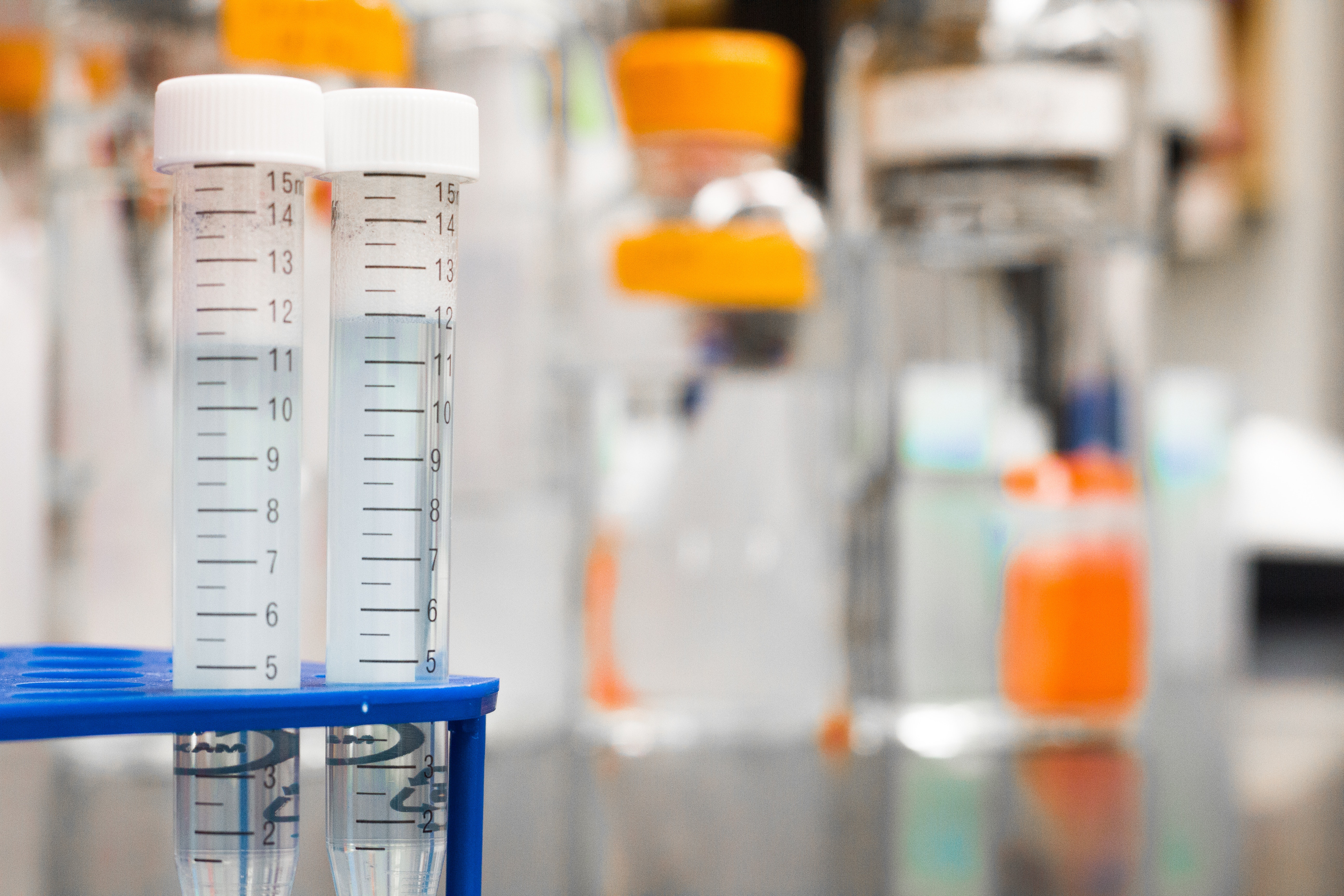Drug tests are a regular part of the pre-employment screening process for many employers. They support the development of a drug-free workplace and they also help identify individuals who could pose health and safety risks to customers, patients, children, and other employees.
The background check and drug screening process runs smoother when employers and prospective employees know what to expect and how to prepare. By knowing the facts and dispelling common myths about drug testing, everyone can stay better informed and work together to ensure a quick and efficient background check and drug screening outcome.
Here are some common myths and facts to help you run a more efficient drug screening process:
MYTH #1: Secondhand Smoke Exposure Can Lead to a Positive Drug Test Result
People failing employee drug tests after exposure to second-hand marijuana smoke has become a bit of an urban legend. Though it is possible to test positive for marijuana without using it, it’s not very likely. Marijuana users exhale just a trace quantity of THC when they smoke cannabis, so it would require a significant amount of exposure for someone to test positive from secondhand smoke alone.
For passive exposure to result in a positive drug test result, many experts agree that someone would need to be exposed for many hours in an unventilated room or vehicle with multiple cannabis users consuming large amounts of marijuana over an extended period of time. So while it’s not wise to be exposed to all that secondhand smoke, doing so likely won’t result in a positive test result.
Myth #2: Eating Poppy Seeds Doesn’t Affect Drug Test Results
You may have heard it before: “My drug test was positive because I ate a poppy seed bagel!” For years, there has been a lot of back and forth on the role of poppy seeds in drug screening, and the truth is that poppy seeds can result in a positive drug test result. Eating too many poppy seeds can lead to a false positive result on a urinalysis drug screen, even if the person has not been using drugs! Poppy seeds naturally contain small amounts of morphine and codeine—two opiates commonly included in pre-employment background checks and drug screening programs. Therefore, to ensure employee and volunteer candidates don’t risk a false-positive, it’s wise to advise them to avoid eating poppy seeds before their drug test.
Fact #1: Positive Employee Drug Testing Is on the Rise
According to the Quest Diagnostics Drug Testing Index, the US drug testing positivity rate has been on the rise. In 2020, the positivity rate hit 4.6 percent, significantly higher than 2012’s record low of 3.5 percent. There are many possible reasons for the increase, including changing perceptions about drug use (particularly marijuana). Other factors include the increasing availability of drugs, including oxycodone and fentanyl. When performed consistently, drug screening can be an effective way to keep drugs out of your workplace.
Fact #2: False positives happen
Pre-employment drug tests are usually quick and inexpensive, but some are so sensitive that they can mistake over-the-counter medications for illegal drugs. As a result, several medications—though not illegal—can result in false positive test results. For example, some antidepressants can cause a person to test positive for amphetamines or methamphetamines. Other examples include common non-steroidal anti-inflammatory drugs (NSAIDs) such as ibuprofen, and proton-pump inhibitor medication taken for acid reflux.
Because many applicants can’t stop taking their medication before their drug test, be sure to carefully review any positive drug test results and recognize that some may be false positives requiring a re-test.
Fact #3: Marijuana Laws Are Ever-Changing
In recent years, several states have legalized medicinal and recreational marijuana use, making it more accessible than ever before. While this is great news for marijuana enthusiasts everywhere, it makes drug screening more complex for employers. Not only do states vary in what kind of marijuana use is legal, but marijuana is still categorized as an illegal substance on the federal level. Additionally, several states have passed legislation prohibiting employers from discriminating against prospective and current employees who use marijuana for medicinal purposes.
To ensure your drug screening program complies with the latest marijuana laws in all states where you hire, be sure to work with a background screening partner who understands how the laws impact your organization, employees, and volunteers.
Interested in learning more about how to improve the background check and drug screening process in your organization? Discover how BIB can help.



